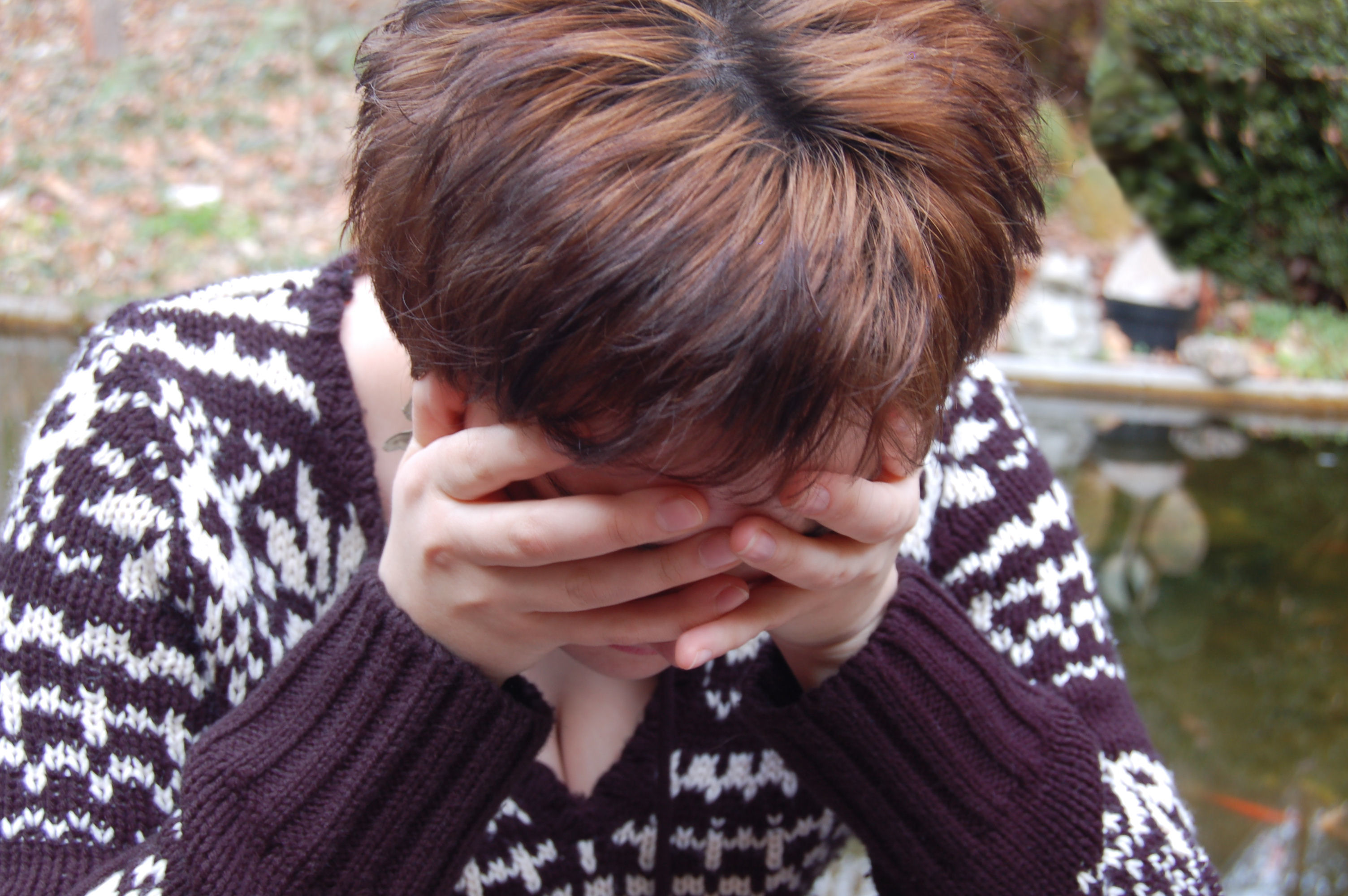
TUESDAY, Dec. 8 (HealthDay News) — People associate testosterone with aggressiveness, but the male sex hormone actually encourages a sense of fair play, a new study finds.
Testosterone does not cause aggression, said lead researcher Michael Naef, of the department of economics at Royal Holloway, University of London. But it does lead to “status-seeking behavior — or trying to secure one’s own status,” he said.
Such status-seeking behavior can include aggression, as well as other behaviors appropriate to particular situations, the researchers said.
But they also found that people’s preconceptions about testosterone, rather than the hormone itself, may cause them to behave anti-socially and unfairly.
For the study, Naef’s team randomly assigned 121 women to receive testosterone or a placebo. The women then participated in an experiment where they were asked to distribute money.
The money could be distributed fairly or unfairly, and participants could accept or reject an offer. The fairer the offer, the more likely it was accepted. If no agreement could be reached, no one earned any money.
Women given testosterone made fairer offers than those who received the placebo, the researchers found.
However, women who were told they had received testosterone were more aggressive, whether they had actually received the hormone or not, the study authors noted. These women continually made unfair offers.
Naef said the effects seen in the women would be similar in men. “The effects of testosterone are very similar in men and women,” he explained.
“We asked our subjects how testosterone changed their behavior, and they were all wrong. Most of them say it makes you aggressive and anti-social,” said Naef. “It’s more complicated.”
The myth about testosterone appears to induce aggression, Naef stated. “People who believe they are given testosterone behave much more aggressively and anti-socially, compared with people who think they received placebo,” he said.
Also, the interplay between testosterone and the environment influences testosterone’s effect, he added. In the environment of the bargaining experiment, testosterone caused pro-social behavior, Naef said.
“But in a more hostile situation like a prison, testosterone may cause aggressive behavior, because by being aggressive in a prison you may secure your status or achieve a high status,” he said.
The report is published in the Dec. 8 online edition of Nature.
Another expert, George Wilson, an associate professor of sociology at the University of Miami, said the study “speaks to the dual role that biology and the environment play in structuring behavior, although biology appears to work in a way that is unexpected.”
Wilson added: “We are complex animals, we are symbolic animals — we are not led around purely by biology.”
Challenges to status can be a powerful cultural force, Wilson stated. “They act in our conscious and preconscious in ways we are not always aware,” he said. “We are status-seeking creatures.”
Aggression is largely a male behavior in our society, which may explain how testosterone, the primary male sex hormone, became synonymous with aggression, Wilson noted.
“People will orient their behavior along the line of a cultural myth,” he said. “It really speaks to the powerful socio-cultural forces in our society.”
More information
For more information on testosterone, visit the U.S. National Library of Medicine.

